Understanding key real estate terms can empower you to make informed decisions, negotiate better, and ultimately find the perfect home.
-min.png)
Key Real Estate Terms Every New Homebuyer Should Know
Pre-Approval vs. Pre-Qualification
Pre-Qualification: This is an initial assessment by a lender, giving you an estimate of how much you might be able to borrow based on your financial information. It's a casual process and not a guarantee.
Pre-Approval: A more rigorous process where the lender verifies your financial background and credit history. Pre-approval shows sellers that you are serious and financially capable of buying a home, often giving you an edge in competitive markets.
Fixed-Rate vs. Adjustable-Rate Mortgages (ARM)
Fixed-Rate Mortgage: With a fixed-rate mortgage, your interest rate remains steady over the entire loan duration, ensuring consistent monthly payments that you can predict.
Adjustable-Rate Mortgage (ARM): The interest rate can change periodically, based on an index. Initially, ARMs often offer lower rates than fixed-rate mortgages, but they carry the risk of higher payments in the future.
Down Payment
The down payment is the amount of money you pay upfront towards the purchase price of the home. It's usually expressed as a percentage. For example, if you were to make a 20% down payment on a home worth ₹3000000 it would amount to ₹600000.
The down payment size can affect your loan terms, including the interest rate and whether you need to pay for private mortgage insurance (PMI).
Private Mortgage Insurance (PMI)
PMI serves as insurance that safeguards the lender in case you are unable to repay your loan. It's typically required if your down payment is less than 20% of the home's purchase price. PMI can be cancelled once you build enough equity in your home, usually when your loan-to-value ratio reaches 80%.
Closing Costs
Closing costs encompass the charges related to completing the process of purchasing your home. Closing costs can encompass loan origination fees, title insurance, appraisal fees, and other expenses. These costs typically amount to 2% to 5% of the home's purchase price. It's crucial to budget for these additional expenses to avoid any last-minute surprises.
Escrow
Escrow is a neutral third party that holds funds or documents until the transaction's conditions are met. During the homebuying process, escrow ensures that the buyer and seller meet their obligations before money changes hands. After closing, an escrow account may also hold funds for property taxes and homeowners insurance.
Home Inspection vs. Appraisal
Home Inspection: A thorough examination of the property's condition, focusing on structural, mechanical, and electrical systems. The inspector identifies potential issues that could affect the home's value or safety.
Appraisal: An assessment conducted by a licensed appraiser to determine the home's market value. Lenders mandate appraisals to verify that the loan amount does not surpass the property's value.
Title Insurance
Title insurance protects you and the lender from potential legal issues related to the property's ownership. It ensures that the title is clear of any liens, disputes, or other encumbrances. This one-time fee at closing safeguards against future claims on your property.
Equity
Equity represents the share of the property that belongs to you outright. This figure is determined by deducting the remaining mortgage balance from the property's present market worth. Building equity can increase your financial stability and provide opportunities for future investments, such as home improvements or securing a home equity loan.
Contingencies
Contingencies are conditions included in the purchase agreement that must be met for the sale to proceed. Typical contingencies involve a home inspection, securing financing, and obtaining an appraisal. They protect buyers by allowing them to back out of the deal or renegotiate terms if specific criteria aren't satisfied.
Conclusion
Navigating the homebuying process can be complex, but understanding these key terms can make it significantly easier. With this knowledge, you'll be better equipped to make informed decisions, negotiate effectively, and ultimately find your dream home. Remember, buying a home is not just about finding a place to live; it's about making a sound investment for your future.
FAQs
What is the difference between pre-approval and pre-qualification?
Pre-qualification is an initial estimate of how much you can borrow based on self-reported financial information. Pre-approval involves a thorough financial background check by a lender, providing a more accurate loan amount and often giving you a competitive edge.
How much should I save for a down payment?
Ideally, aim for a 20% down payment to avoid PMI and secure better loan terms. However, some loans allow for lower down payments, as little as 3.5% for FHA loans.
What are closing costs, and how much money should I allocate for them?
Closing costs include various fees such as loan origination, title insurance, and appraisal fees, typically ranging from 2% to 5% of the home's purchase price. It's essential to budget for these expenses in addition to your down payment.
Why do I need a home inspection and an appraisal?
A home inspection reveals potential problems with the property's condition, whereas an appraisal determines its market value. Both are crucial in ensuring you make a sound investment and avoid overpaying for your home.
What is title insurance, and is it necessary for me?
Title insurance safeguards you from legal disputes and claims related to property ownership. It ensures that the title is clear and provides peace of mind that there won't be future claims against your property. Both lender and owner policies are recommended.
How can I build equity in my home?
Building equity can be achieved by making regular mortgage payments, especially paying more than the minimum, making home improvements, and benefiting from property value appreciation over time.
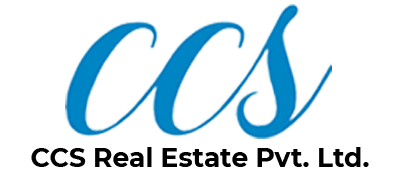
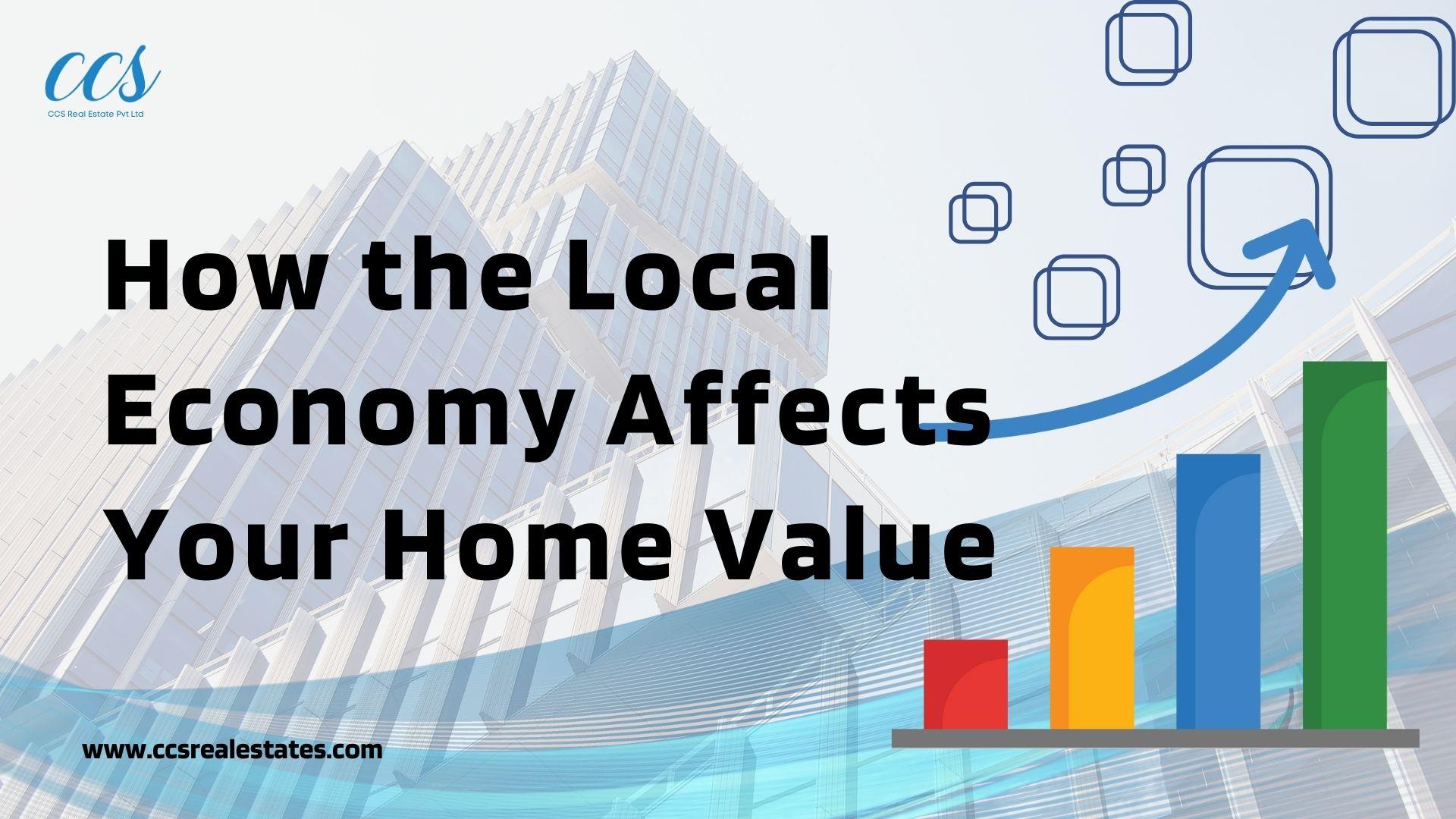


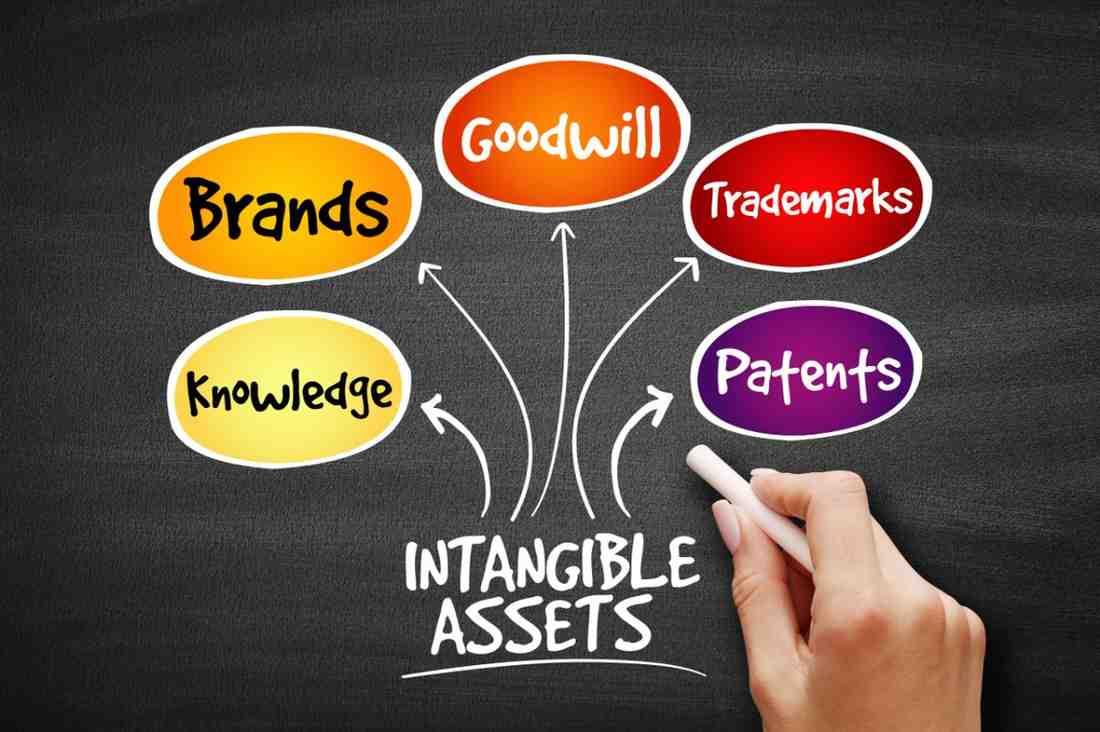

















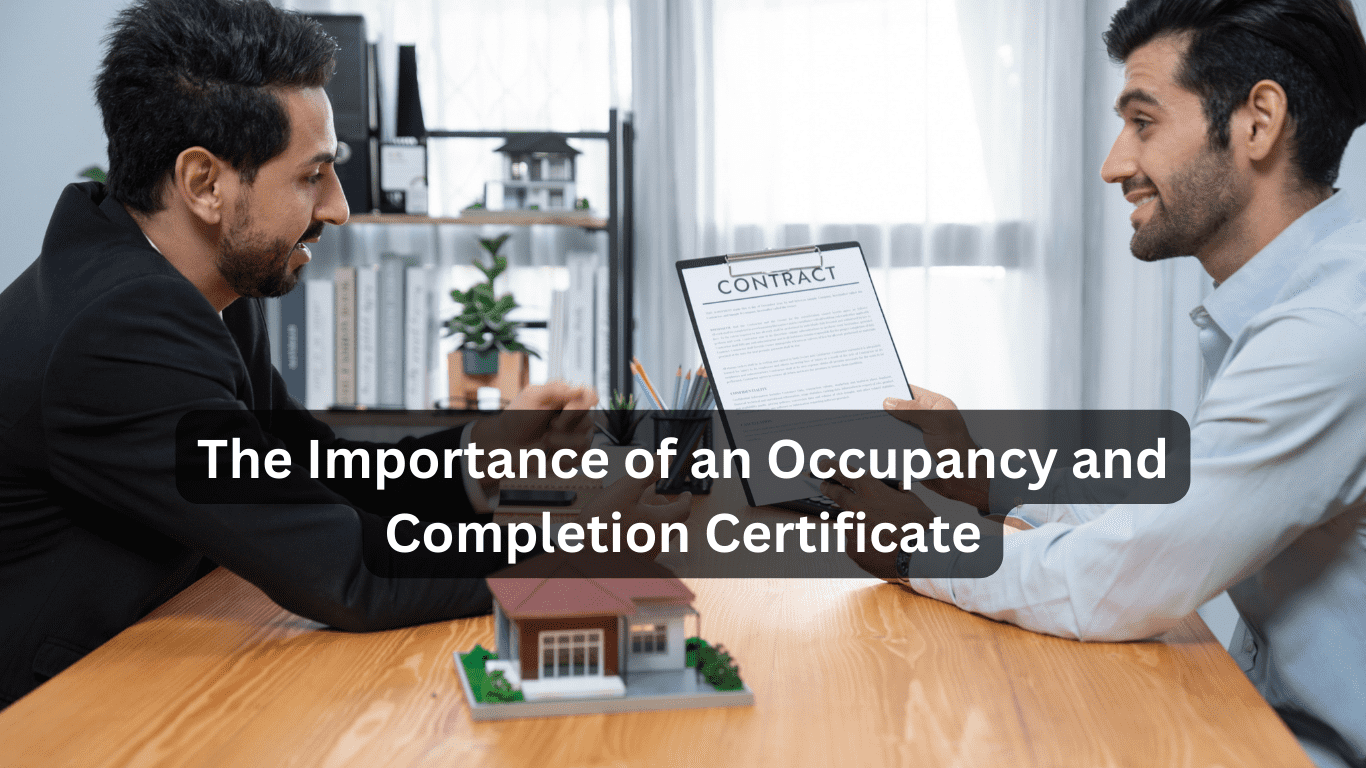

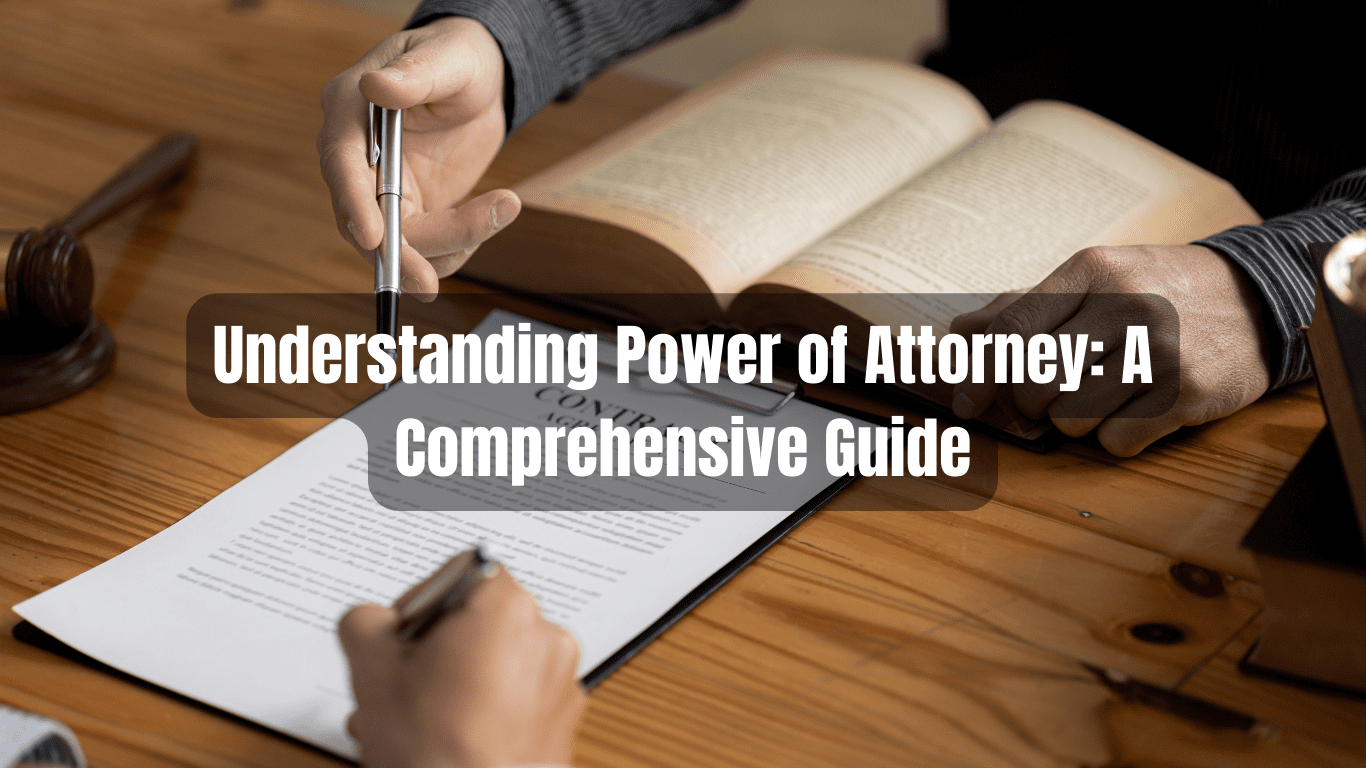

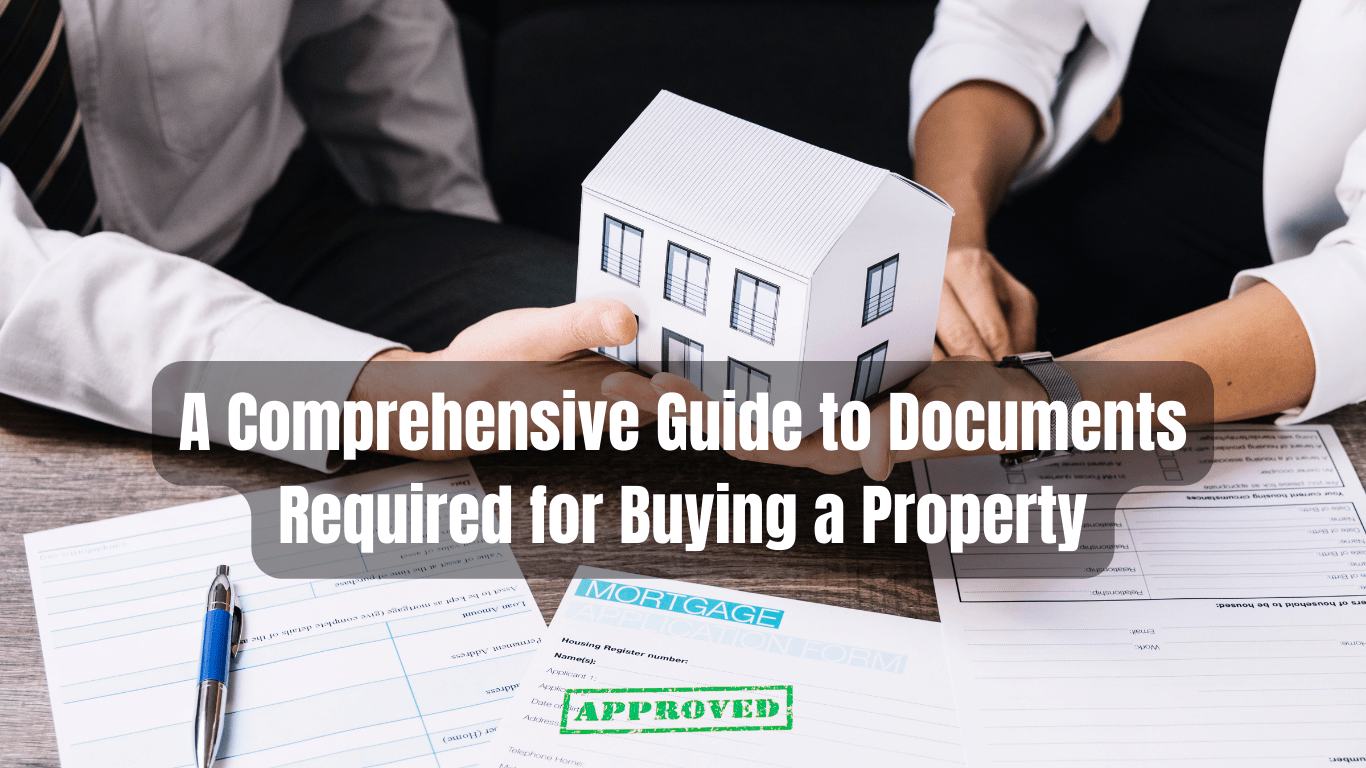





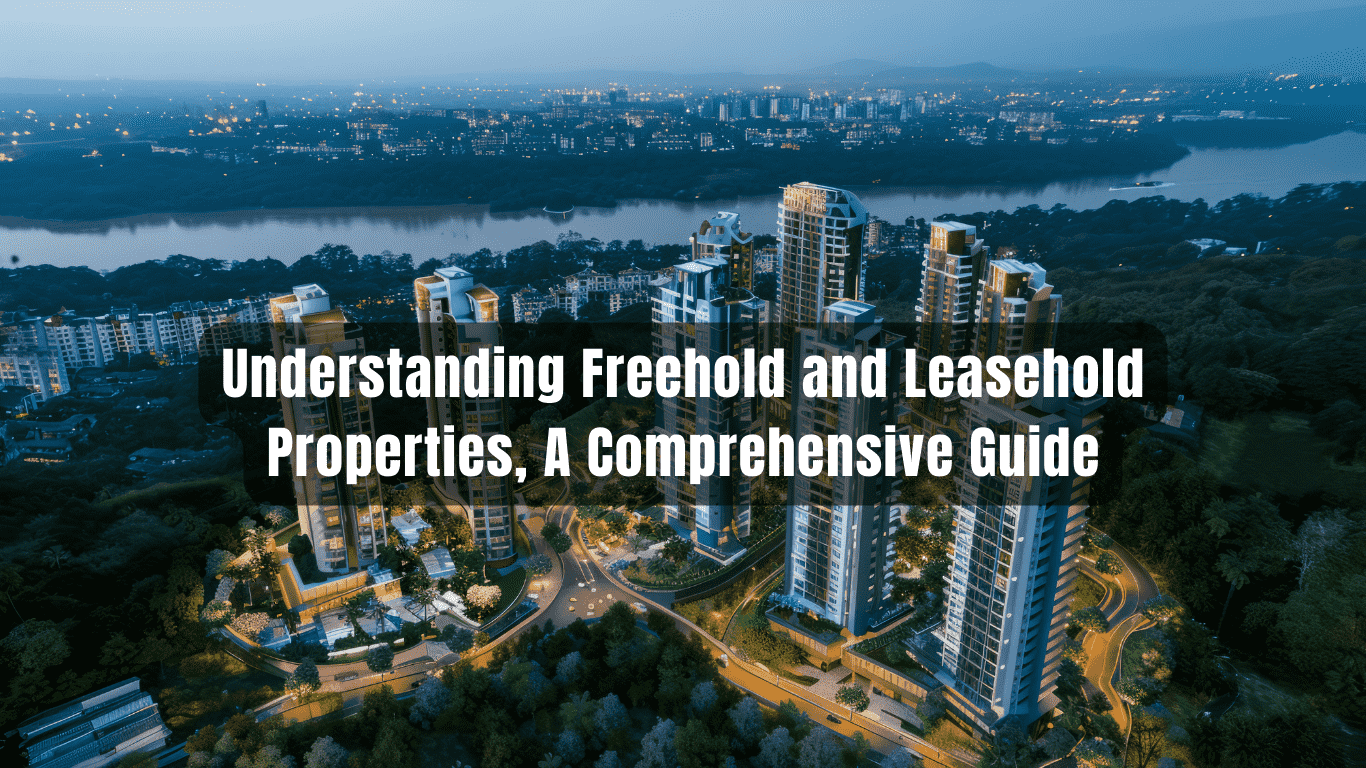


.png)
-min.png)
-min.png)
-min.png)







.png)









